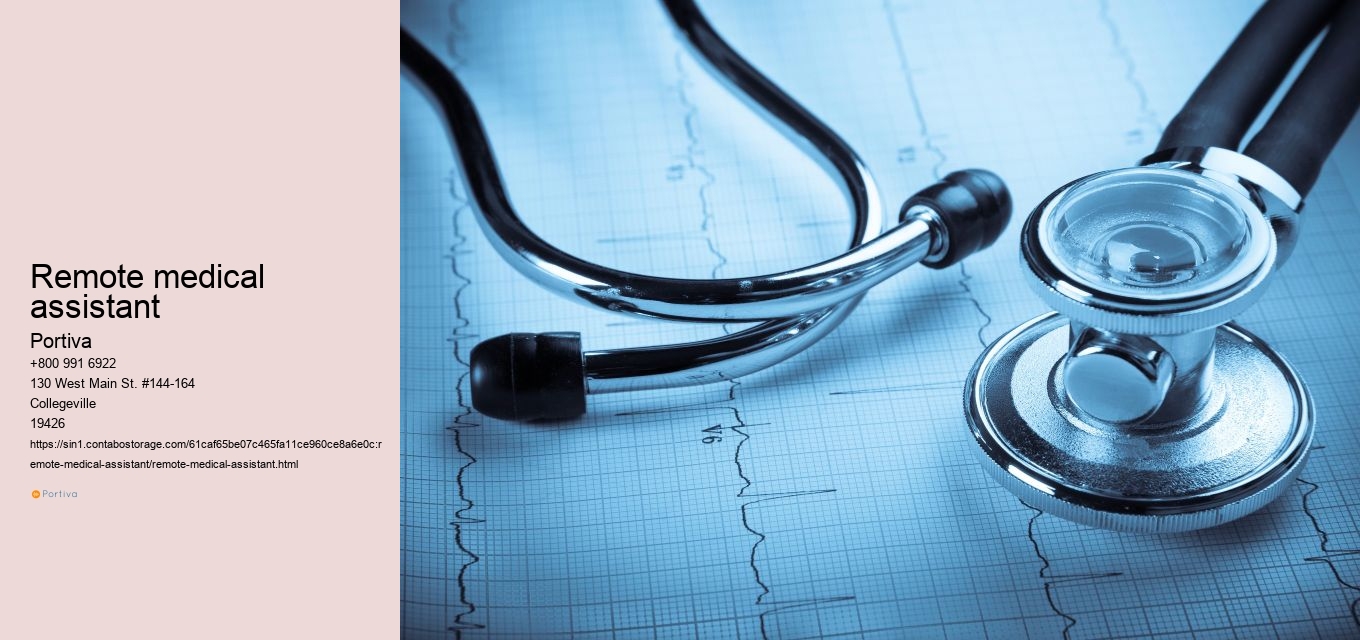Additionally, it's crucial to keep in mind that in-person connection still sometimes requires face-to-face conversation, and that virtual assistants might not have complete knowledge of your business or your patients. Due to their lack of need for a real workspace and the fact that healthcare professionals do not have to pay for their benefits, hiring a virtual assistant can also save money. In this post, we'll go over what a remote medical assistant does, the traits a medical virtual assistant should have, and the benefits of working with one. Patient scheduling, medical billing and coding, insurance verification, record-keeping, and other standard administrative tasks are all handled by this kind of medical assistant. The qualifications for certification differ from state to state, however the majority of employers demand that a medical assistant hold accreditation from a reputable medical assistant association. Secondly, remote medical assistants possess advanced knowledge in EHR systems and specialized software, and by working remotely, they save on overhead costs such as rent and utilities. A Remote Medical Assistant, also known as a Medical Virtual Assistant, works remotely to support healthcare providers by performing administrative, clinical and other support functions. A remote medical assistant is a healthcare practitioner who works from a remote location to carry out a variety of clinical and administrative duties. This article will go over what a remote medical assistant performs, the qualifications needed to become one, and the advantages and drawbacks of working with one.




